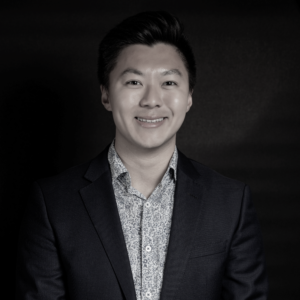Introduction
During international adolescent health week (19-25 March), many people have been reflecting on the theme ‘With and For Adolescents: Building a Healthier and More Inclusive Future.’ The Lancet and Financial Times Commission on Governing health futures 2030: Growing up in a digital world has sought to provide a platform for young people — including adolescents and youth — to shape the future of health. As three young people who have been closely involved in the Commission’s work, including through developing the Youth Statement and our role as Regional Youth Champions, we are proud to share our reflections on the progress made since the launch of the Commission’s report in October 2021, and the extent to which young people’s priorities are being taken forward.
Over the past year and a half, the Commission has made significant strides in advancing the conversation around digital transformations of health and their impact on building a healthier and more inclusive future. One of the most exciting aspects of the Commission’s work has been the emphasis on co-creation and collaboration, which has allowed for the integration of youth perspectives into the development of policy recommendations and solutions.
In particular, the Commission’s focus on the impact of digital technologies on young people’s mental health and wellbeing has been particularly noteworthy. As young people, we have seen first-hand how social media and other digital platforms can both positively and negatively impact our mental wellbeing. It is therefore encouraging to see that the Commission has recognised this and is working towards ensuring that the benefits of digital technologies are maximised while minimising their negative effects.
Another interesting aspect of the Commission’s work has been the emphasis on the importance of data privacy and security. With the increasing amount of personal information being shared online, it is critical that we have systems in place to protect our data and ensure that it is used ethically. The Commission’s recommendations on this issue are a step in the right direction towards creating a safer and more secure digital world for future generations.
Personal highlights: Brian Li Han Wong
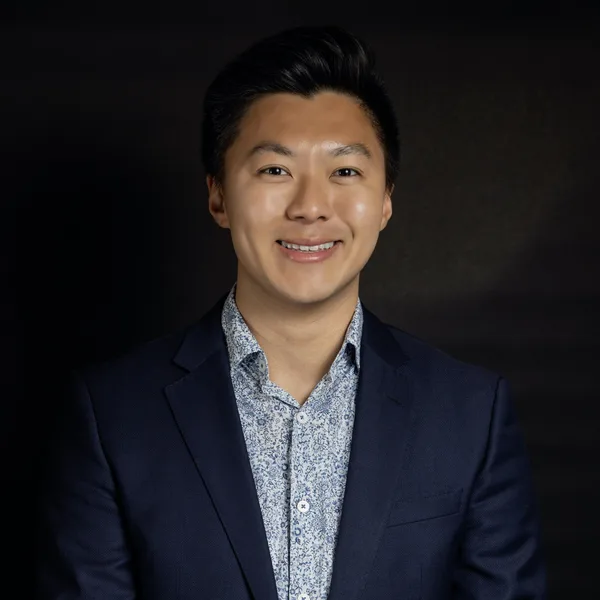
Brian is a GHFutures2030 Regional Youth Champion and former Youth Officer for the Commission. As an independent consultant, entrepreneur, global public health expert, and multidisciplinary researcher, his interests are in ageing and life course, digital health, global health governance, immunisation/vaccination policy, public health workforce capacity building, and meaningful youth engagement.He currently works with the European Observatory on Health Systems and Policies on digital health, primary health care, human resources for health, and social participation activities.
Youth voices have been critical in amplifying the report findings and translating them into concise action. Since the report launch, I have worked alongside seven other nominated Regional Youth Champions to raise awareness of our report findings and recommendations and foster partnerships at the regional level. The #MyHealthFutures campaign, designed by young people during a two-part Global Digital Health Hackathon (gdh2ack), created spaces to hear from young people on shaping their health futures. Launched on 12th August 2022 (International Youth Day), the campaign calls upon all stakeholders in the digital health ecosystem to support a global movement to build better health futures through implementing the Commission’s recommendations. We also recently ran a successful interactive capacity-building workshop with IFMSA on digital transformations of health and a workshop at One Young World on digital first health systems.” Personally, I’ve found it incredibly valuable to witness the profound impact of convening cross-sectoral discussions with young experts across health, technology, and policy to shape a more inclusive and technologically empowered future for global health.
Personal highlights: Danielle Mullings
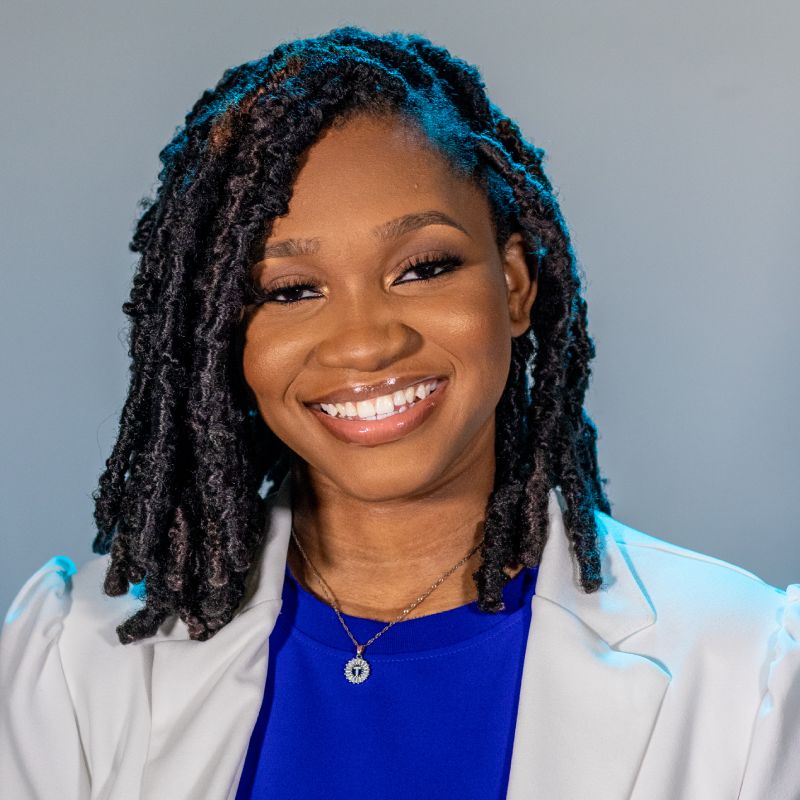
Danielle is a GHFutures2030 Regional Youth Champion as well as the Impact & Partnerships Officer for Transform Health and a UWI Open Scholar. She has also served on the UNICEF Jamaica Youth Council, been named a Young Expert in Tech for Health, and is an active advocate for young people in areas such as digital transformation, education, and national issues. Additionally, Danielle is invested in media and communications, hosting the TV series “GenZed” and producing documentaries that promote cultural identity preservation.
“The launch of the #MyHealthFutures campaign at the World Health Summit in Berlin was a significant occasion for me. As a Regional Youth Champion, I joined other young advocates to push for greater attention to data privacy and equity in healthcare technology. This platform allowed us to ensure that youth voices were not only visible but also heard in shaping the future of healthcare. Additionally, I was delighted to take part in a few youth consultations that resulted in the creation of a youth statement on the heels of the launch of the Commission’s report. This process gathered insightful opinions from young people all across the world, fostering a more open-minded and cooperative approach to healthcare innovation. The consultations are just one of the many ways that GHFutures2030 is making exciting progress in making sure that youth opinions are heard and I look forward to the future opportunities to engage more young persons.”
Personal highlights: Eglė Janušonytė
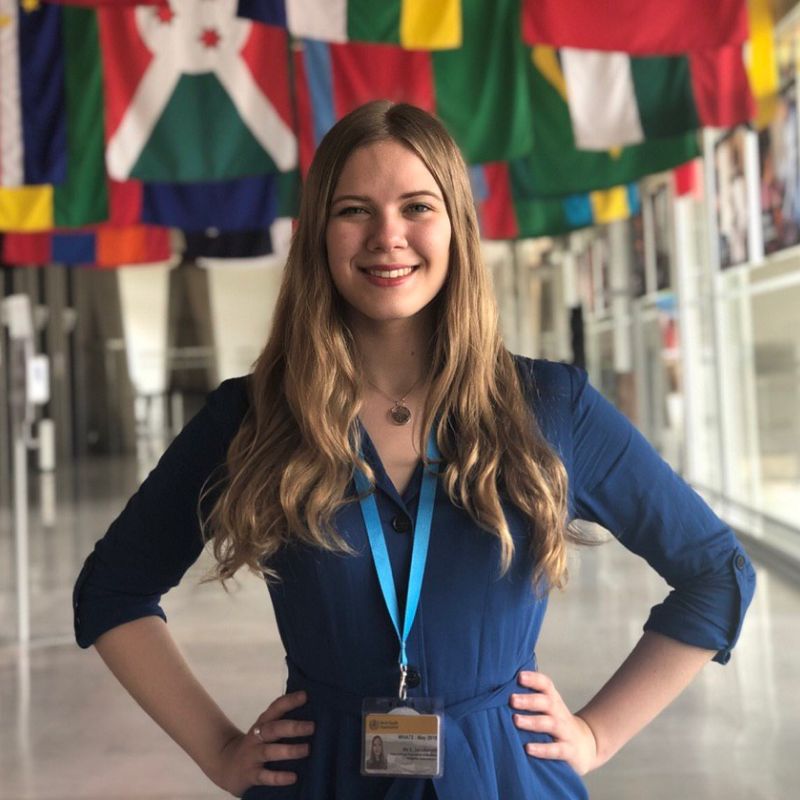
Eglė is a GHFutures2030 Regional Youth Champion and a resident doctor training in dermatovenereology. Her interests include digital health, sexual and reproductive health and rights, gender equity and meaningful youth engagement.
“My personal highlight that I would like to reflect on is the versatility of the report. During the development period, I was a final year medical student and now am a practising physician, and the report was equally useful for advocacy in both roles. In addition to this, throughout my professional journey the insights that were gathered continue to be relevant not only as health care provider and health services receiver perspectives which well reflects the diversity of voices who created the reported. Our report is a brilliant tool for advocacy on digital health and is useful to promote our needs and insights as young people, and from what I observed it certainly was a trailblazer on raising awareness for youth voice in digital health.”
Taking youth priorities forward
The Commission has taken important steps towards shaping a more equitable and inclusive future of health and has produced research and recommendations that are relevant, responsive, and have the potential to be impactful for years to come. However, we believe that there is still much work to be done in terms of ensuring that the priorities of adolescents and youth are being taken forward. While the Commission has made progress in incorporating young people’s voices, there is still a long way to go in terms of ensuring that they have a meaningful say in the decisions that directly and indirectly affect our health futures.
As the Commission continues to engage young people in implementing the developed recommendations and strategies through its proposed Digital Transformations of Health Lab (DTH-Lab), it is crucial to leverage the collective expertise and energy of adolescent and youth organisations that are part of our network to advocate for policies and practices that not only address young people’s needs and concerns but also safeguard their health futures in the digital age. As youth involved in the Commission’s work, we remain hopeful that our voices will continue to be heard and that our priorities will be taken forward in the years to come.
